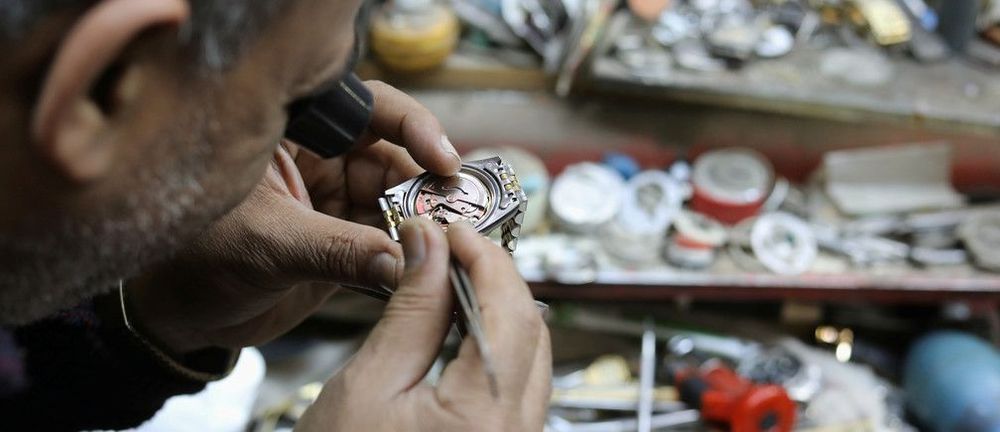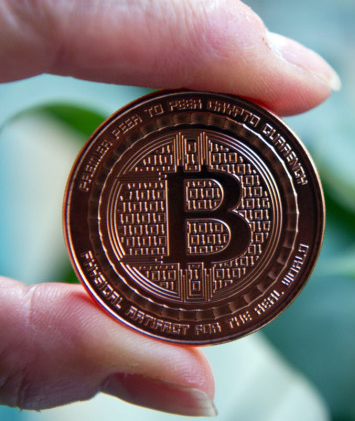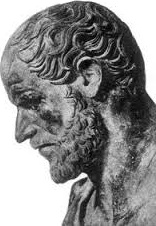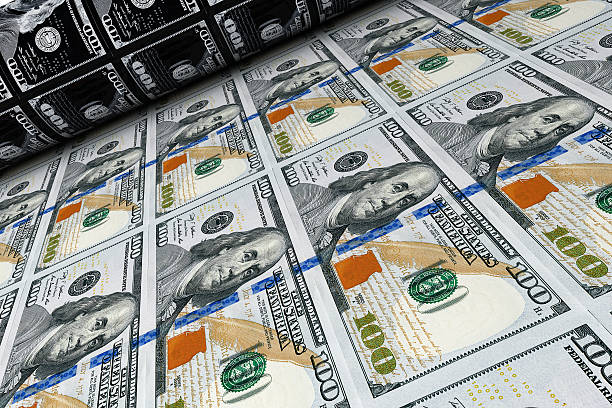
I find it encouraging that so many people want to know if they should get into Bitcoin. But, I am discouraged when I discover that “getting into” is a euphemism for investing, trading, flipping or HODL (Buy, then hold on for dear life).
Sure, Bitcoin is deflationary. If widely adopted, it is likely to increase in value. But adoption is being thwarted by traders. Today 95% of cryptocurrency transactions are by individuals or organizations buying or swapping cryptocurrency rather than using crypto to buy apples, a new car, or a family vacation.
Many people consider Bitcoin to be risky and not just as an investment! They think its risky to use a payment instrument. The perception of risk is associated with its widely fluctuating exchange rate. In the end, the exchange value won’t matter at all, because Bitcoin will be the money and not the dollar, yen, euro or pound. But, unfortunately, even though the argument for widespread adoption is compelling, it will not occur while we continue to see spikes and plunges on a graph.
If you are waiting for volatility to abate, then we need adoption beyond bleeding edge adopters (so called Geeks and nerds). And I am not referring to traders. We must arrive at a day when the fraction of transactions driven by purchase & sale, debt payment, salaries, memberships, fees, and settlements and big companies quoting grain, oil or ships dwarfs the fraction driven by speculators & investors. This is the only way to trigger the series of reactions that will lead to stability, ubiquity and public trust.
Trading is only one way to profit from the cryptocurrency market—and it is, by far, the most risky. In fact, if you employ the tools and techniques of technical analysis (i.e. you study graphs of performance over time), then you certainly won’t make money. In fact, you will lose your shirt.
I don’t recommend trading as a core strategy for building a career around cryptocurrency. You can make a decent living with a real crypto career, or a consulting sideline. We will get to a few suggestions below. But, if you wish to invest, day trade or HODL, stick to gradual, dollar-cost-averaging instead. Choose a small, monthly budget that doesn’t take food off the table and that you can afford to lose. This is the method of anyone who built great wealth through equities, including Warren Buffet.
Other ways to profit from cryptocurrency
In conference presentations at which I am a speaker, I often dedicate a few slides to eight different ways to derive income from cryptocurrency. I never share my conference slides beyond the presentation. When I need to give information to my sponsor or an attendee, I require non-disclosure and I give them an encrypted link to just a small set of knowledge. After all, my presentation slides are my bread & butter (more about this in Slide #2, below).
But, in response to this question, I will share 2 slides, and I will add an explanation of two bulleted opportunities…


Slide #1, Item 3
The highlighted opportunity in the middle of slide #1, POS Integration, provides a BIG bang for your time, and with little training needed. But, the window of opportunity won’t last long—perhaps just 1½ years.
What you will do is train small-to-medium retail proprietors with the tools and training to accept cryptocurrency as easily as they accept Visa or American Express, but without commission. Little or NO fees at all. A retail cashier doesn’t need much training—he just directs a shopper to a QR code on the cash register.
The process can safely operate through the existing POS receipt printer, so that the cashier knows that a purchase has just been completed. Even the accounting books are updated in real time, and the vendor is paid immediately.
I recommend using your existing relationships and focusing on small, locally owned businesses with 3 to 8 retail outlets. Small, 1-store operations may not be worth your sales & set-up time. Larger operations (like McDonald’s or Walmart) do not make this type of decision at a local level and they have directors and IT departments that dictate and implement policies dealing with handling money.
Ideally, you want a restaurateur, grocery store, professional service (medical, legal, tax prep, seamstress, etc) with More than 1 but fewer than 8 locations. That’s because your going to play “good guy”. Instead of charging them a commission that is small compared to a credit card (say 0.5%), you will charge them a one time fee of $300 for every person in the room. With this method, you can make several thousand dollars in under 2 hours.
Set-up

Ask the owner to meet at any of his retail sites with one cashier or associate from each store. I prefer to do this on a weekend morning—but its best to avoid a time of heavy customer traffic. You need a check out aisle to be available.
Your training and tools integration can be completed in 20 minutes. The retail sales process is that easy. It’s no different than a credit card. The shopper will know what to do when they see the “Bitcoin Accepted” placard and a QR code. You are simply helping the cashier and bookkeeper that the process is trivial and the company till is even safer than with cash or credit cards.
You will need another 20 minutes to up-sell a nifty floating holographic display of the QR code. And then 30 more minutes for questions from individuals who just don’t believe in the future of Bitcoin or crypto. They want to know more than the only question that matters. “How much will I save”.
But the owner/operator and the numbers guy will definitely get it. Retail stores, and especially grocers deal with a razor thin margin. You will give them the opportunity to pick up business from early adopters and with ZERO fees and even instant conversion to Fiat if they wish. That’s why IGA Supermarkets announced this week that they will accept Bitcoin across all supermarkets this month.
The most common question will be “Doesn’t it cost to switch revenue back to dollars?” –or similarly– “I don’t want Bitcoin. How long must I wait to get dollars?” With just a little analysis of the APIs and services from which you build your consulting tool set, you will learn that the answers are very retail-friendly! In fact, payment processors will give you a much better deal than their own exchange clients, and even better than huge institutional traders. They all want to get their foot into retail, before credit card processors add it to their infrastructure.
I do not plan to provide step by step instructions in this Quora answer. You can begin by googling the companies that offer retail POS tools and then find a clever way to integrate them seamlessly into the most popular accounting tools used by small business (First Data, Veriphone, Square, PayPal, Quicken). If you or the exchange that you integrate into your crypto-processing add-on covers just these providers, you will be able to focus on your sales pitch and relationships. Now go make a killing, tiger!
Why is this opportunity still available?
Why doesn’t First Data, Citibank or Veriphone add Bitcoin to their payment options, along with Visa, Mastercard and Discover?
They will, eventually. But only after you and hundreds of other Bitcoin consultants chip away at their profits.
The card processors know that Bitcoin is almost friction free. For many retailers, it is completely free. With recent addition of Lightning Network, it is also fast. So it undermines the commission that legacy processors get from credit and debit cards. They try to harden their POS printers and accounting reports from out-of network utilization and they put doubt into business owners, telling them that cryptocurrency has no recourse or arbitration.
You will have great answers for each critique and you will win. But do it soon!
Slide #2
Of course, you can do what I do. Study Satoshi, learn a little code, try mining for yourself, research governments and their policies, learn about Aristotle and the evolution of money, dig into the forums for developers, miners and critics. Then make your presence known.
As your stature rises above the background of armchair speculators (without any agenda except to get rich), create a blog and do your best to attract attention. Market yourself as an industry pundit, expert, courseware developer, keynote speaker and a top writer at Quora.
You won’t find a sponsor for every blog post or paper that you publish, but eventually—if you are engaging, knowledgeable and entertaining—you can make a living from live events and on sight training.* Perhaps you can even earn royalties by selling courseware at Udemy or developing courseware for Diginomics.
I was fortunate. I left my career and got involved with Bitcoin shortly after the original whitepaper in 2009. Few people had heard of Bitcoin and even fewer believed it could ever be viable, even as just a payment instrument. I have turned my interest into a career. I don’t make nearly as much as Andreas Antonopoulos, but I am on the short list for paid presentations and am sought by government legislators, legal organizations, and accounting firms. All of these groups urgently need to understand crypto.
Conclusion: Is it too late to get into Bitcoin?
In the late 1930s, many individuals thought that it was too late to get into television. The first Televisor technologies were demonstrated 15 years earlier, in the 1920s. Since then, Philo Farnsworth unveiled what we now call a TV and RCA had already begun broadcasting in big cities. Many people knew someone on their block that had a TV.
Yet, with historical perspective, we can see that all of the major players of the 20th century got involved later. Few people today have heard of these early television manufacturers or the studios that made shows. Have you?
So, is it too late to build a career or a business around a new technology that was demonstrated only 10 or 15 years ago and is already being commercialized? Has that ship already sailed? Of course not! That ship hasn’t even docked. Seats are empty. Opportunities are just beginning. Crypto titans of this century are still in primary school or have not yet been born. (But for opportunity #3 on slide #1 above, get act together quickly).
* It’s difficult to get paid by a conference. For a big expo, its almost impossible, even for the headliner. For an educational workshop, it is almost as hard. The host may cover travel and hotel, but typically tries to avoid paying speaker’s a stipend.
Show organizers want you to pay them! They want you to value a few minutes on stage, because they assume that you want to sell something. Just as with attendees, they see you as a customer. With a bit of effort, you can reverse the value proposition.
Convince the organizer or host that you are the product and not a customer. Explain the value that you bring to the conference. You enable them to sell more VIP seats.
Philip Raymond co-chairs CRYPSA, hosts the Bitcoin Event and is keynote speaker at Cryptocurrency Conferences. He is a top writer at Quora.

















 A share of stock represents ownership in a corporation. A municipal bond represents a lien against a city—or the fees generated by an infrastructure project.
A share of stock represents ownership in a corporation. A municipal bond represents a lien against a city—or the fees generated by an infrastructure project. Like cars, homes require ongoing maintenance. But, most people weigh the maintenance cost against the benefit of having shelter, rather than comparing it to their gain or loss in value.
Like cars, homes require ongoing maintenance. But, most people weigh the maintenance cost against the benefit of having shelter, rather than comparing it to their gain or loss in value.
 With the rise of the automobile and power plants that burn fossil fuel, oil became a reserve currency of the 19th and 20th centuries. But there are two problems with it holding value over the long haul.
With the rise of the automobile and power plants that burn fossil fuel, oil became a reserve currency of the 19th and 20th centuries. But there are two problems with it holding value over the long haul. This perfect asset would derive trust from mathematics and crowd-sourced consensus. It would not require that anyone believe in a government, a bank, a land mass, or the uncertain supply of precious objects. Authenticity could tested easily and its value transmitted instantly. The history of each unit would be completely transparent. With free tools, anyone, anywhere could trace its history of moving from one owner to the next.
This perfect asset would derive trust from mathematics and crowd-sourced consensus. It would not require that anyone believe in a government, a bank, a land mass, or the uncertain supply of precious objects. Authenticity could tested easily and its value transmitted instantly. The history of each unit would be completely transparent. With free tools, anyone, anywhere could trace its history of moving from one owner to the next.